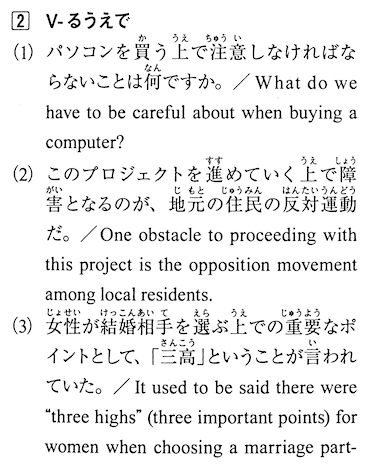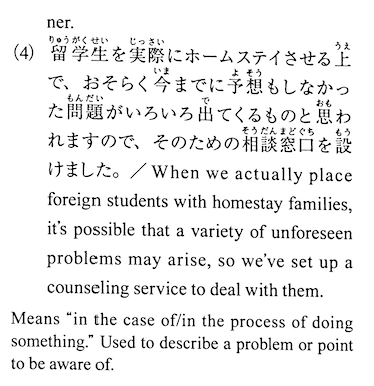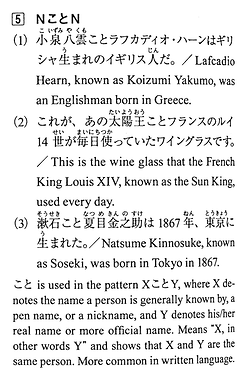Ah I see! thank you so much. That was also my bad. I searched for かのように and couldn’t find it, so I mistakenly assumed the grammar point didn’t exist and didn’t search for かのようだ.
I just recently encountered ならともかく, and when looking it up online the first result was from an N1 study guide. According to the referenced site, ならともなく particularly expresses 不平不満 (discontent and grumbling) on the part of the speaker. Jisho gives the translations, “it’s different when … but; it’s not so bad when … but.” Those fit some of the example sentences (e.g. 子供のイタズラならともかく、大人のしたことだったら許されない - カンチョー maybe?  ).
).
It seems different enough to warrant ならともかく as a separate grammar point from はともかく. Since N1 was recently declared complete, does that mean we shouldn’t expect to see missing content like this added to that level? Maybe it’ll show up as other content?
By complete we mean that the bare minimum of what N1 entails has been met. We’re constantly updating and adding new grammar points, so rest assured new content is coming!
Another new grammar item I recently encountered I don’t see anywhere on the site is
を残らず
meaning “all of.” I suppose literally that would be, “without being left (out, behind, etc.).” I’m not sure whether this would constitute its own entry or would be assumed to fall under ず-form, but I’ve seen it used without に (I guess that’s increasingly common, in general), and the literal meaning in Japanese doesn’t readily map to the English equivalent.
I did not see any N3 grammar point for ば~のに, if only.
https://jlptsensei.com/learn-japanese-grammar/ば~のに-ba-noni-meaning/
I didn’t find any N3 point for ふと, suddenly, unexpectedly.
https://jlptsensei.com/learn-japanese-grammar/ふと-futo-meaning/
I didn’t find the N3 いちどに grammar point.
https://jlptsensei.com/learn-japanese-grammar/一度に-ichido-ni-meaning/
This is one is here. It’s easy to miss because it’s cataloged as ったら・といったら and not the full phrase.
Ahhhh thanks! Would make sense to catalogue it as the full phrase; how is one supposed to find it otherwise?
Yeah, I was thinking the same thing. I’m not sure why it’s currently indexed that way.
I didn’t find だけ with the N3 “as much as” meaning.
https://jlptsensei.com/learn-japanese-grammar/だけ-dake-meaning-as-much-as/
We are working on making our search function far more effective in the near future. In this thread, over 70% of the grammar points that people mentioned not being here are actually already on the website. This is not the fault of the user at all, but the fault of the robustness of our search system. For N4 and N5 at least, we will soon implement search parameters that will alleviate this, for the other levels, it may not be as quick, but we absolutely intend to do it as soon as possible.
I think it’s a question of ‘do we need to make search better or do we need to split up some of our entries?’
I would much rather have separate entries for each grammar point, because that means more practice sentences for the SRS. There have been moments in the past where different usages of a similar looking grammar point have been lumped together in one entry (for example) and that means that you only get half the practice with each of the usages. It kinds of breaks the way SRS is supposed to work (in my opinion).
〜る上で (as opposed to the 〜たうえで you already have).


Not sure if this counts, but なら at the beginning of a sentence means “then”. I don’t think that specific usage is on here.
The sentence I ran into was “…そう。なら、本気で殺してあげる。” which means “I see. Then I’ll really kill you.”
I can’t find this particular instance on Bunpro.
かと言うと - you would think that ~ but (that is not right) via DIJG page 114.
Example: 日本人はみんな寿司が好きかと言うと、そうではない。

